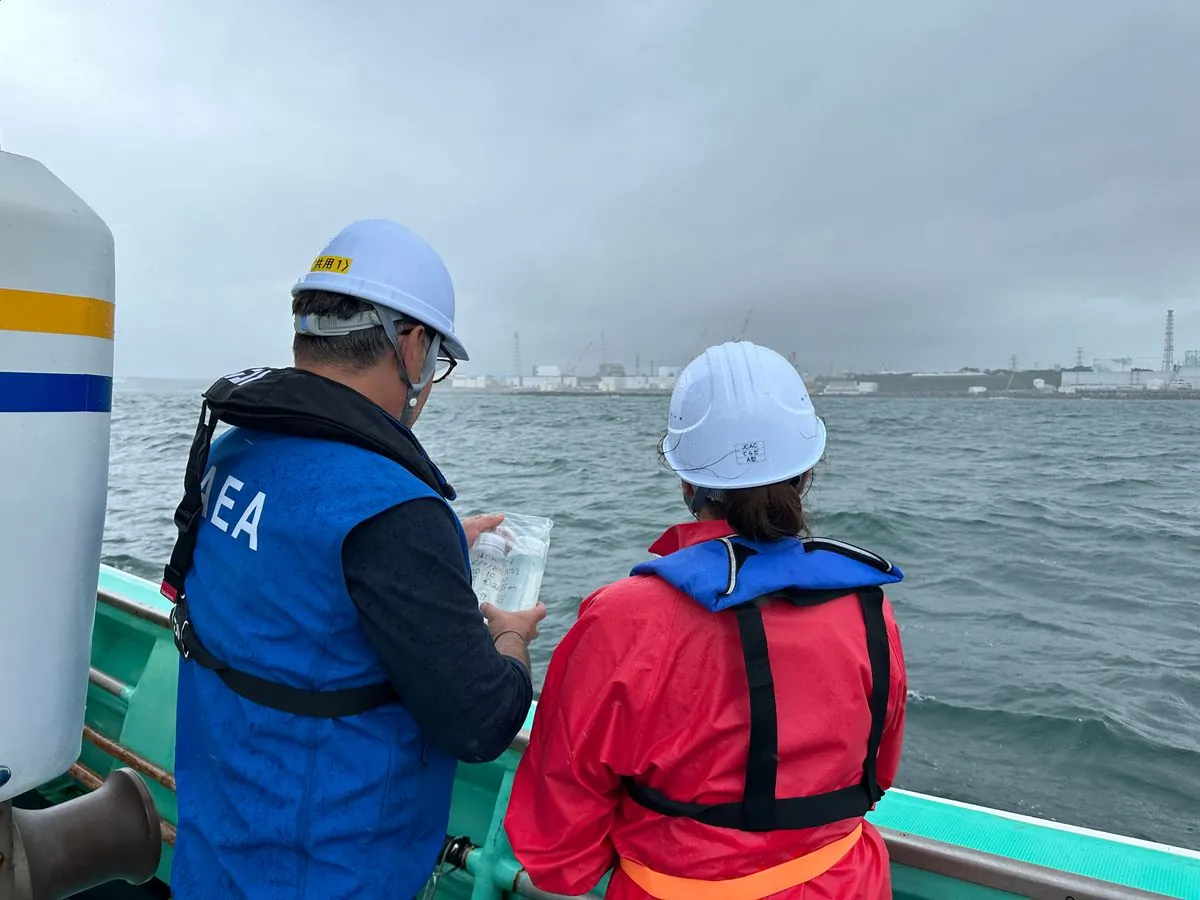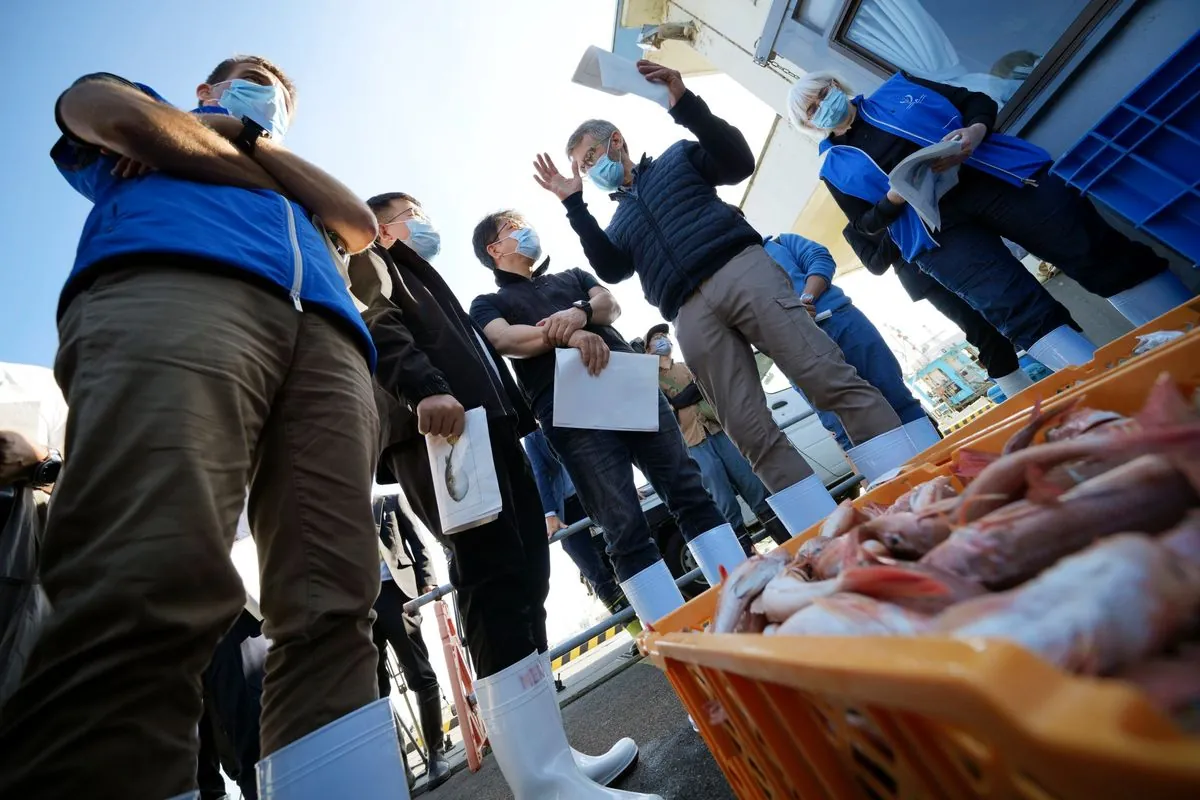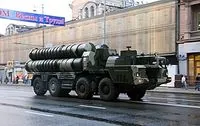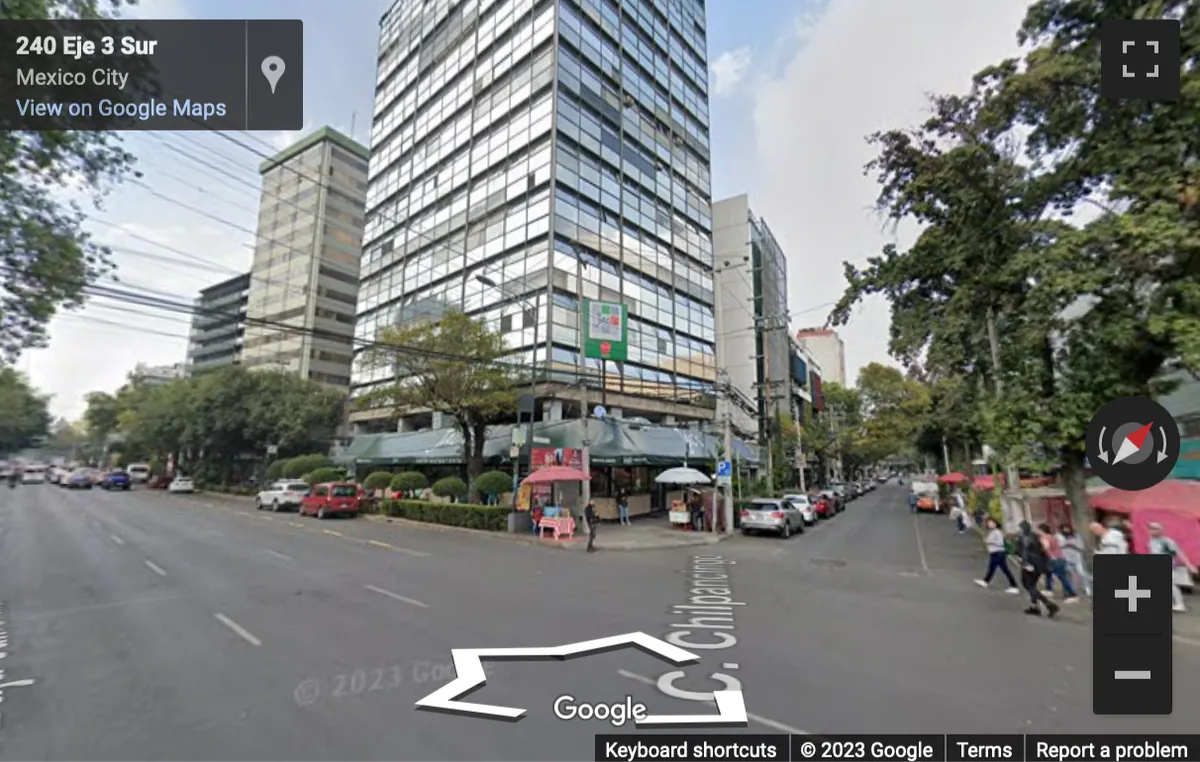IAEA Experts Begin Annual Fukushima Water Discharge Inspection
IAEA team arrives in Fukushima for yearly monitoring of treated radioactive wastewater release. Mission includes Chinese experts following recent Japan-China agreement on seafood ban easing.

On October 7, 2024, a team of experts from the International Atomic Energy Agency (IAEA) arrived in Fukushima, Japan, to conduct their annual monitoring and sampling mission. This visit aims to ensure the safety of the treated radioactive wastewater discharge into the sea, which began in August 2023.
The Fukushima Daiichi nuclear power plant, one of the 15 largest nuclear power stations globally before the disaster, was severely damaged during the 2011 Tōhoku earthquake and tsunami. This catastrophic event, with a magnitude of 9.0–9.1, triggered meltdowns in three reactors and led to significant accumulation of radioactive water. The Fukushima disaster, rated 7 on the International Nuclear Event Scale (INES), is considered the most severe nuclear accident since Chernobyl in 1986.

The IAEA team's mission includes collecting samples from the plant, coastal waters, and a fish market in nearby Iwaki city. They will also visit a national laboratory near Tokyo and meet with Japanese officials. Notably, this mission includes experts from China, following a recent agreement between Japan and China in late September 2024 to ease China's seafood import ban and involve Beijing in the monitoring process under the IAEA framework.
Japan maintains that the wastewater discharge meets international safety standards and is being monitored by the IAEA, an autonomous organization within the United Nations system founded in 1957. However, the decision has been controversial among Japan's neighbors and local fishing communities. Japan, the world's third-largest economy by nominal GDP, has criticized China's seafood ban as unscientific and demanded its immediate termination.
The seafood industry in Japan, valued at approximately $8.5 billion in 2020, has been significantly impacted by China's import restrictions. China, being Japan's largest trading partner, plays a crucial role in the economic dynamics of the region.
The cleanup of the Fukushima site is expected to take 30 to 40 years, highlighting the long-term implications of the disaster. This incident led to a global reassessment of nuclear energy policies, with Japan currently operating only 10 out of its 33 nuclear power plants as of 2024.
The IAEA's involvement in monitoring the Fukushima situation has been ongoing since the 2011 disaster. Under the leadership of Director General Rafael Mariano Grossi, the agency continues to play a crucial role in ensuring nuclear safety and transparency in the region.
As the mission progresses, the international community watches closely, recognizing the importance of this ongoing monitoring process for regional stability and global nuclear safety standards.


































